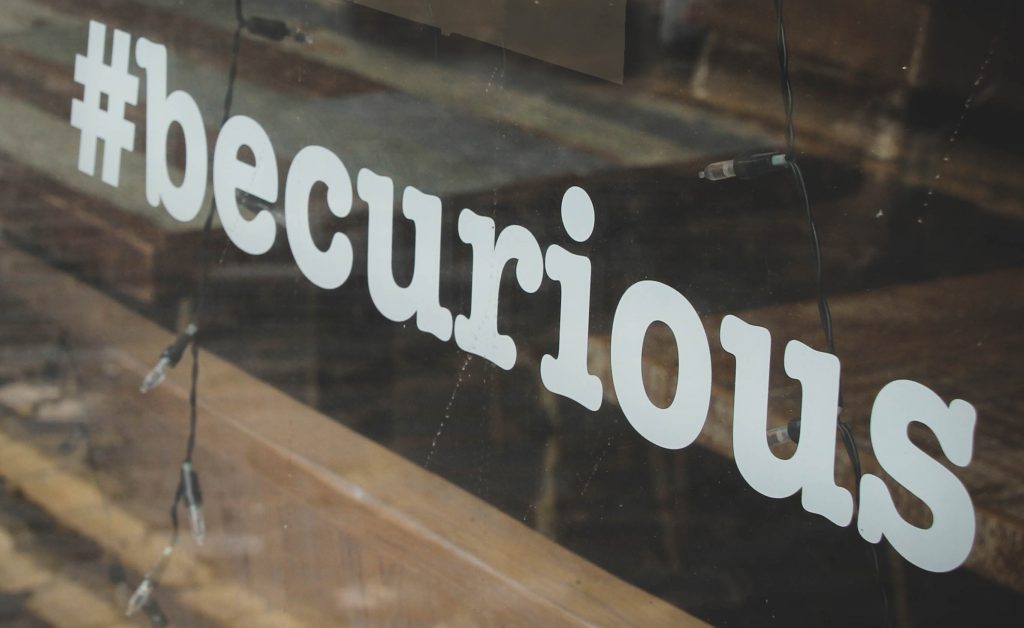This blog is not often inspired from the pulpit but in a recent sermon, my pastor referenced a Ted Lasso episode in which Ted quotes Walt Whitman as saying “be curious, not judgmental.” He references this quote in the course of winning a bet on a darts game, in which his opponent wrongly assumes the American could not be a good darts player. As Ted put it:
“Guys have underestimated me my entire life. And for years I never understood why. Used to really bother me. . . all them fellas that used to belittle me and not a single one of them were curious. They thought they had everything figured out so they judged everything and they judged everyone and I realized that their underestimating me; who I was, had nothing to do with it. Because if they were curious they would have asked questions. Questions like: have you played a lot of darts, Ted? . . . Barbecue Sauce.”
In addition to the remarkable blend of humor and wisdom from this show, the point should remind all of us engaged in negotiation (and that means everyone, every day) that we should be curious. In several previous posts, I have raised the same point in different ways. For instance, one of Stephen Covey’s seven principles is to seek first to understand and then to be understood. Referenced in this post: Become a better listener and you will become a better negotiator. Fisher & Ury suggest to be a good negotiator you should ask why and why not? Why does the other side see this case differently than me; and why is my offer not acceptable to them? This need to remain curious is also one of the primary reasons, I have suggested that arrogance is counterproductive in mediation.
I have had the privilege of facilitating mediations involving many good and some great negotiators. Every good negotiator comes to the mediation with a thorough understanding of the facts and the law governing their case. What distinguishes the great negotiators is that they have taken the time to fully understand the interests underlying their own client’s positions and are confident enough to be open minded and genuinely curious about why and how their opponents see the case differently.
This conclusion spoken from the pulpit and relating to a very different context is applicable in every mediation: “Sometimes our assumptions about what we do know make us less curious about what we need to learn.” To become a better negotiator and improve opportunities for resolution: listen, seek first to understand, ask why and why not, and BE CURIOUS!



